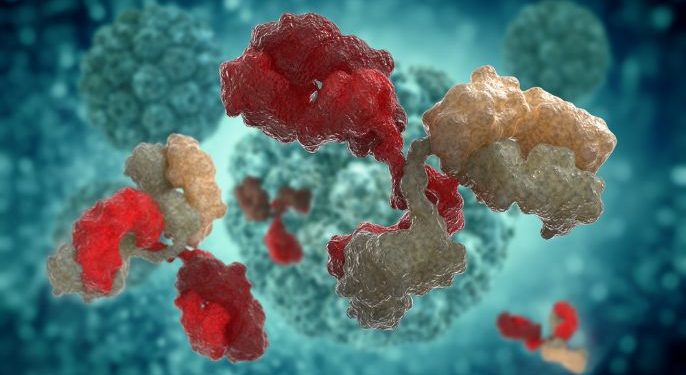Cancer is a disease that can spread (metastasize) to other organs in the body. Most cases of metastatic cancer are due to the development of new tumors that have spread beyond the original site of the primary tumor. Cancer cells that have metastasized are said to be metastatic adenocarcinoma.
Cancer cells can spread to different parts of the body through the bloodstream, bone marrow, lymph nodes, or other organs. Adenocarcinoma is a cancer that begins in glandular tissue (mucus-secreting cells) in epithelial tissues such as the milk ducts, digestive tract, and lungs. The disease may spread at any time. Some people never experience any symptoms of the disease; others experience a range of symptoms, depending on where the metastases develop. Metastatic adenocarcinoma is an advanced stage of cancer that can be difficult to treat.
Many of the same cancer treatment options used for early-stage adenocarcinoma are also useful for treating metastatic adenocarcinoma. However, the treatment goals are different. The goal is to control the cancer with as few side effects as possible.
Treatment of metastatic adenocarcinoma can include chemotherapy, surgery, radiation therapy, and targeted therapies. These treatments work by killing cancer cells, controlling the growth of the tumor, or both. Some treatments are used to relieve symptoms, and others prolong survival.

Metastatic adenocarcinoma most commonly spreads to the bones. Symptoms may manifest in the form of bone aches or increased risk of fracture from minor injuries. The disease may also spread to the liver, causing jaundice (yellowing of the skin and mucous membranes). It is very rare for adenocarcinoma to spread to the brain.
A biopsy is performed to diagnose the condition, determine how far the cancer has spread, and determine what type of adenocarcinoma it is. Other tests and procedures are used to determine the extent of the disease, its stage, and how it is affecting the body’s organs and systems.
For patients with metastatic esophagogastric adenocarcinoma, a study found that preoperative chemotherapy improves outcomes after surgical resection. This is especially true for patients who have R0 resection of the primary and metastatic lesions.
It is important for anyone diagnosed with cancer to seek support from family and friends, but it can be helpful to talk with other people who are dealing with the same disease. Many online communities are available to help those with cancer, and your healthcare team can refer you to in-person support groups. In addition to receiving emotional and social support, it is important to seek financial assistance if necessary. For example, many insurance companies offer reimbursement for certain treatment-related expenses. Contact your insurer for more information.









